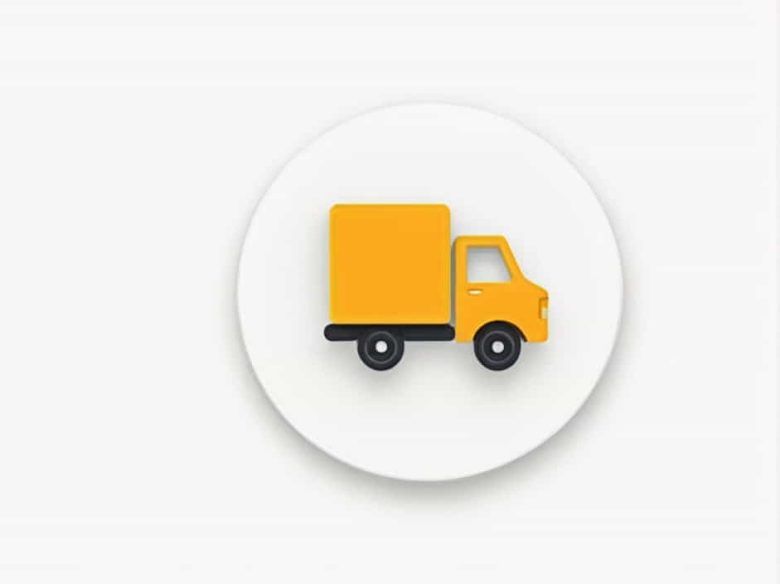Logistics is a crucial part of modern business operations ensuring that goods services and information move efficiently from one place to another. From supply chain management to transportation and warehousing logistics plays a vital role in improving efficiency and customer satisfaction.
In this topic we will explore the definition of logistics its different types key components and why it is essential in today’s economy.
1. What Is Logistics?
Definition of Logistics
Logistics refers to the process of planning implementing and managing the movement and storage of goods services and information from the point of origin to the final destination. It ensures that the right products reach the right place at the right time while optimizing costs and efficiency.
Origins of the Term “Logistics”
The word “logistics” comes from the Greek term logistikos meaning “skilled in calculating”. It was originally used in military operations to describe the movement of supplies troops and equipment. Today logistics is widely used in business supply chain management and e-commerce.
2. Types of Logistics
Logistics can be divided into several categories based on the movement and management of goods and services.
A. Inbound Logistics
Inbound logistics refers to the movement of raw materials components and supplies from suppliers to manufacturers or warehouses.
- Example: A car manufacturing company receives steel engines and other parts from different suppliers.
B. Outbound Logistics
Outbound logistics focuses on delivering finished products from manufacturers or warehouses to customers or retailers.
- Example: A clothing brand ships orders from its warehouse to customers worldwide.
C. Reverse Logistics
Reverse logistics involves handling returns repairs recycling and disposal of goods.
- Example: A company manages returns of defective smartphones and refurbishes them for resale.
D. Third-Party Logistics (3PL)
3PL companies provide outsourced logistics services including warehousing transportation and distribution.
- Example: Amazon uses third-party delivery services to ship packages globally.
3. Key Components of Logistics
A. Transportation
Efficient transportation ensures goods are delivered quickly and cost-effectively. Modes of transportation include:
- Trucks
- Ships
- Airplanes
- Railways
B. Warehousing and Storage
Warehouses store products before distribution. Proper storage reduces damage and ensures inventory availability.
C. Inventory Management
Keeping track of stock levels helps businesses meet demand without overstocking or understocking.
D. Supply Chain Coordination
Logistics is a key part of supply chain management (SCM) ensuring smooth operations from sourcing to delivery.
E. Order Fulfillment
From processing orders to packing and shipping order fulfillment is a crucial logistics function in e-commerce and retail.
4. Why Is Logistics Important?
A. Improves Efficiency
A well-managed logistics system reduces delays minimizes costs and ensures smooth business operations.
B. Enhances Customer Satisfaction
Fast and accurate deliveries lead to happy customers and repeat business.
C. Reduces Costs
Efficient logistics helps businesses save money on transportation warehousing and inventory management.
D. Supports Global Trade
International logistics enables businesses to export and import goods across borders seamlessly.
5. Challenges in Logistics
A. Rising Transportation Costs
Fuel prices and shipping expenses are increasing impacting overall logistics costs.
B. Supply Chain Disruptions
Events like natural disasters pandemics or geopolitical conflicts can cause delays.
C. Inventory Management Issues
Poor inventory control can lead to overstocking or stock shortages affecting profitability.
D. Technology Integration
Many companies struggle to adopt modern logistics technologies such as AI and automation.
6. Future Trends in Logistics
A. Automation and AI
Artificial intelligence and robotics are transforming warehousing and delivery operations.
B. Sustainable Logistics
Eco-friendly transportation methods such as electric trucks and green packaging are gaining popularity.
C. Smart Warehousing
Warehouses are using IoT (Internet of Things) and real-time tracking for better inventory management.
D. Blockchain in Logistics
Blockchain technology is improving transparency and security in supply chains.
Logistics is an essential part of business e-commerce and supply chain management. It ensures that goods and services move efficiently cost-effectively and on time. By embracing modern logistics strategies and technologies companies can improve productivity customer satisfaction and global competitiveness.
With the rise of automation AI and sustainability the future of logistics looks promising offering businesses new opportunities for growth and efficiency.



